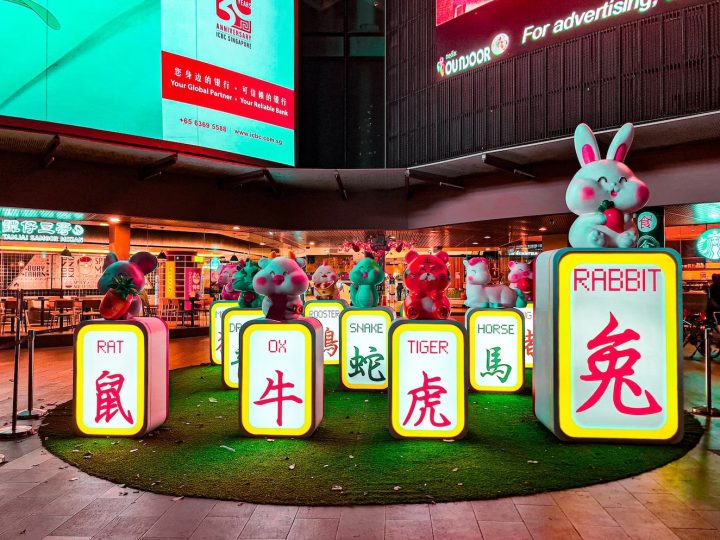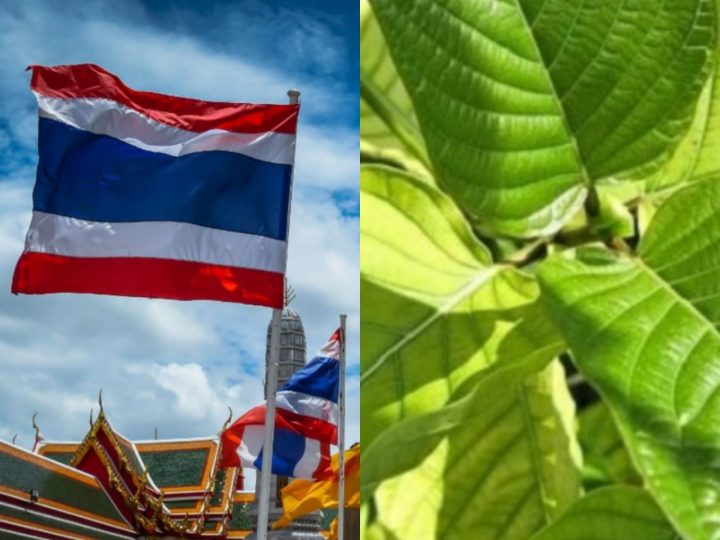Why Can’t You Name Your Child After Fruits Or Cars In M’sia?
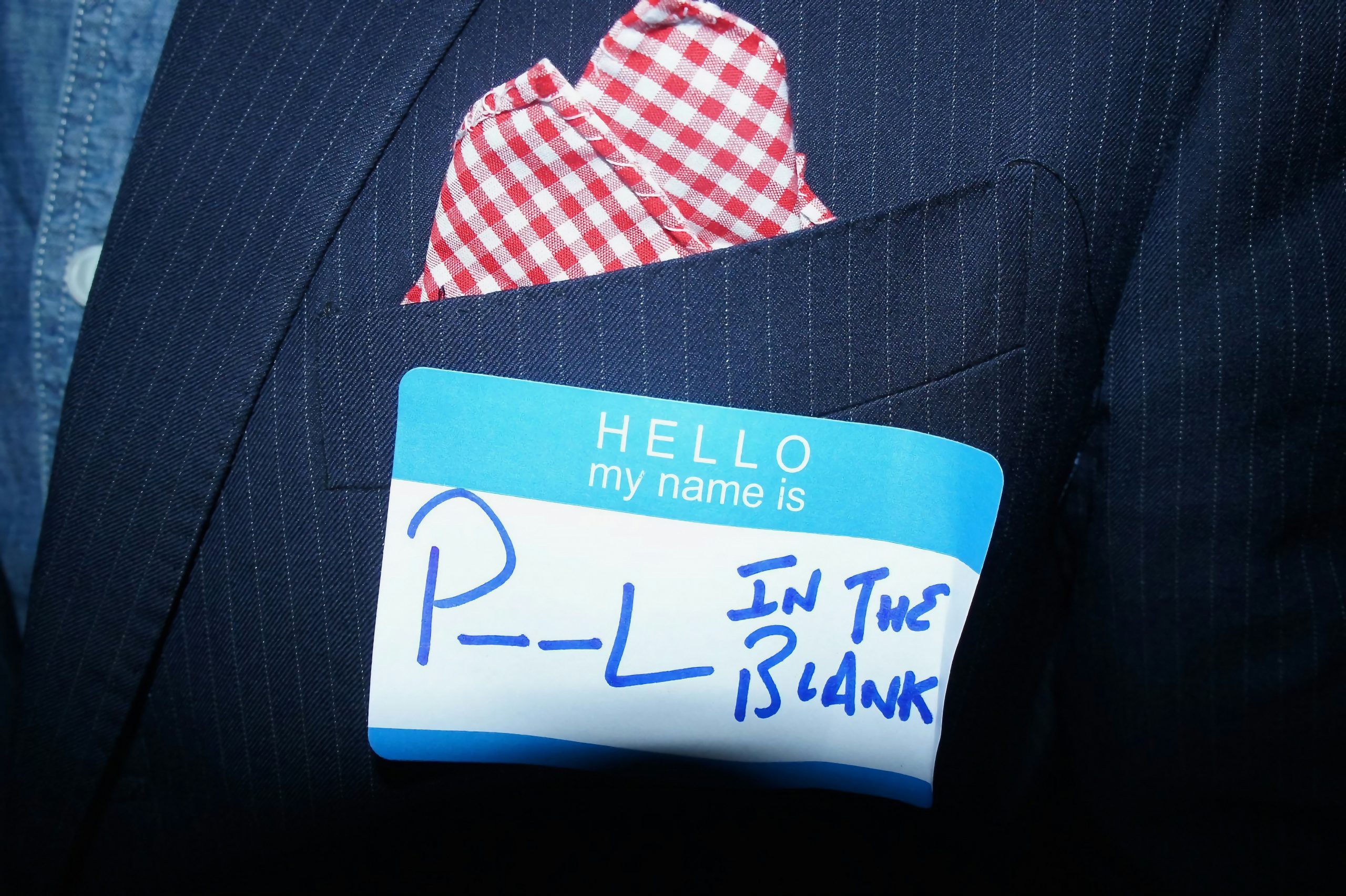 Thirsty for JUICE content? Quench your cravings on our Instagram, TikTok and WhatsApp
Thirsty for JUICE content? Quench your cravings on our Instagram, TikTok and WhatsApp

One might assume that in a country as diverse as Malaysia, where the flavours of durian and rambutan are abound and cultural influences are as varied as the colours of a Malaysian sunset, naming conventions would be equally diverse. However, the reality is a bit more nuanced.
In response to an influx of peculiar names in 2006, the National Registration (JPN) Department instituted stringent regulations regarding the permissible choices for names.
After all, naming your child after something you love is a wholesome concept, but we’ve gotta draw the line somewhere, right?

From the quirky to the culturally sensitive, JPN’s guidelines are set to ensure names are both meaningful and respectful.
So here’s why, as tempting as it is, you’ll have to think twice before naming your child Longan or Honda:
The Law of Naming
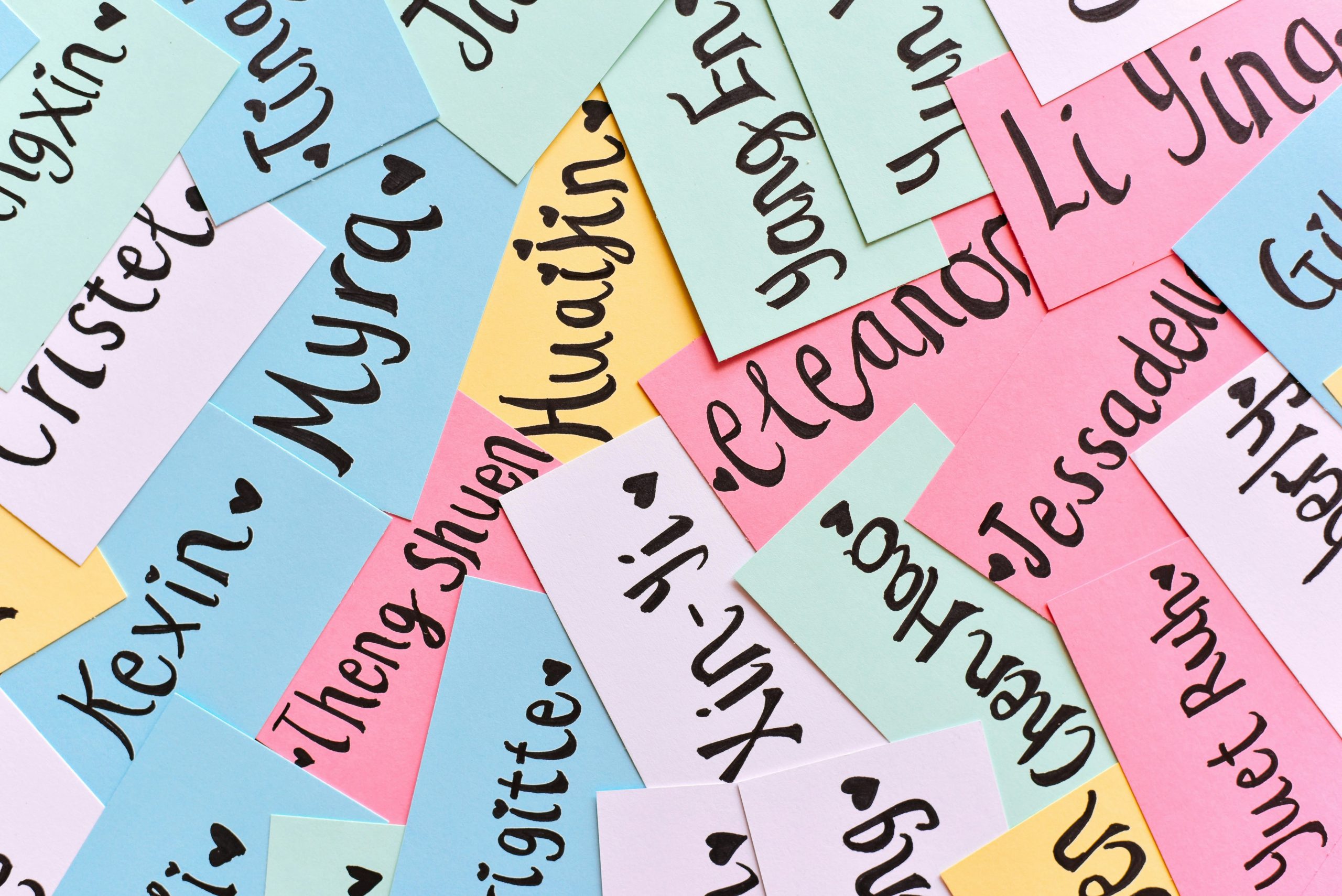
The Births and Deaths Registration Act 1957, enshrined in Malaysian law, grants the Registrar-General the authority to scrutinise and approve names for registration. Section 16 of this act delineates the Registrar’s discretion in accepting or rejecting names deemed objectionable or undesirable.
While this might seem like bureaucratic overreach to some, the intention is clear: To safeguard individuals from names that might carry offensive connotations or hinder their societal integration.
JPN likely understands the harsh reality of primary school dynamics, where even a seemingly “normal” name can become fodder for teasing.
Take my experience, for example: My name is Lara, and I grew up in MenjaLARA – don’t even get me started on that. What we definitely don’t need is some kid named Beruang thrown into the mix.
Forbidden Fruits And Other No-Gos
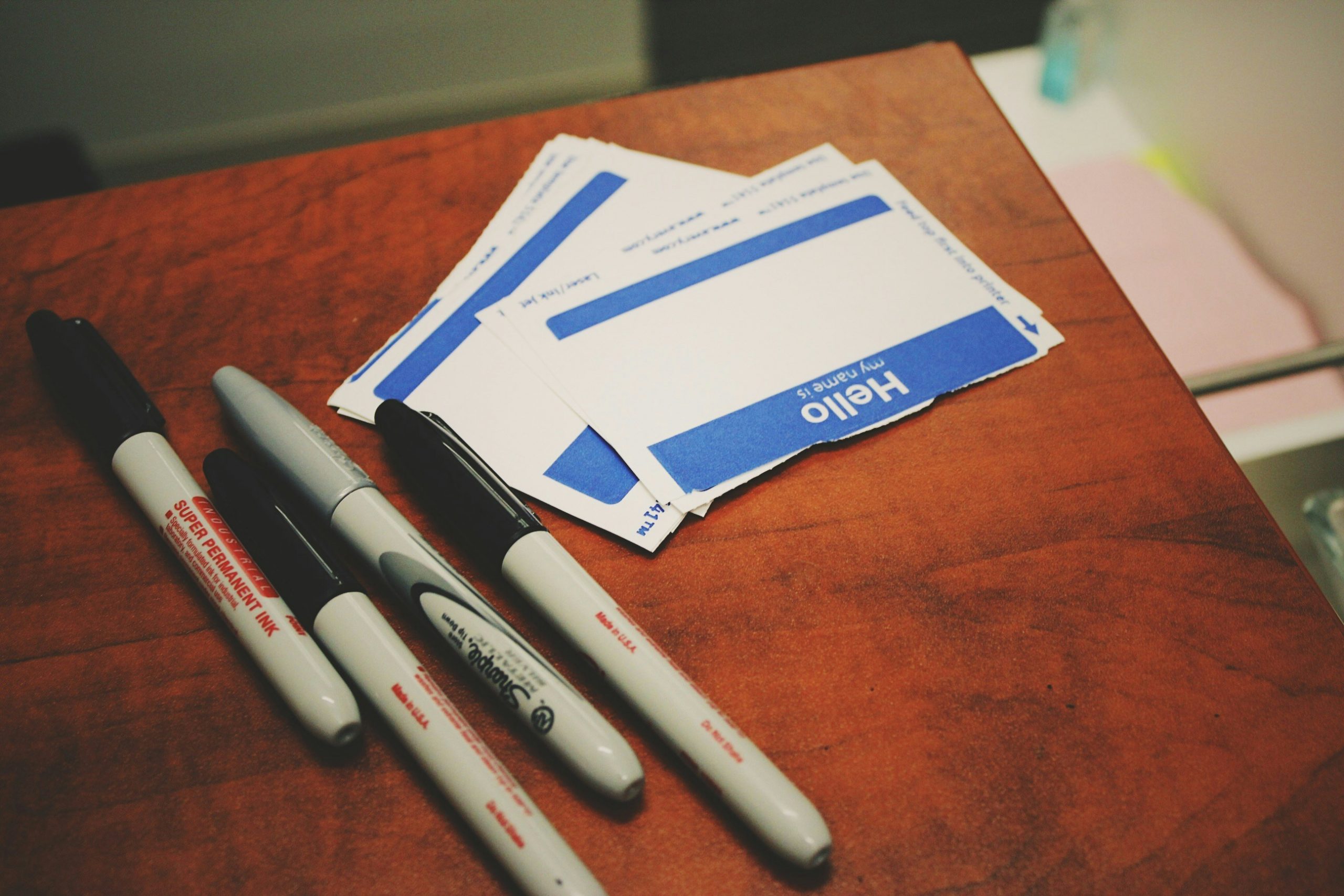
JPN’s guidelines categorise prohibited names into several distinct groups. At the apex of this list are names unconditionally forbidden. These include monikers with offensive meanings like “Woti,” a term signifying sexual intercourse, or those which abbreviate words, leading to potentially confusing initials like “ABCD.”
Furthermore, names indicating a specific profession, such as “DR” for doctor, are off-limits, as are titles bestowed by the Malaysian government, such as “Dato Sri” or “Tan Sri,” reserved exclusively for official recognition. There are better ways to manifest your child’s future career, you know?
See, a name such as ‘Sial’ may totally suit some people, but it’s probably better to have a proper name to introduce yourself at the job interview and let them find out about your ‘Sial’ attitude later on.
Unsuitable For A Human Being
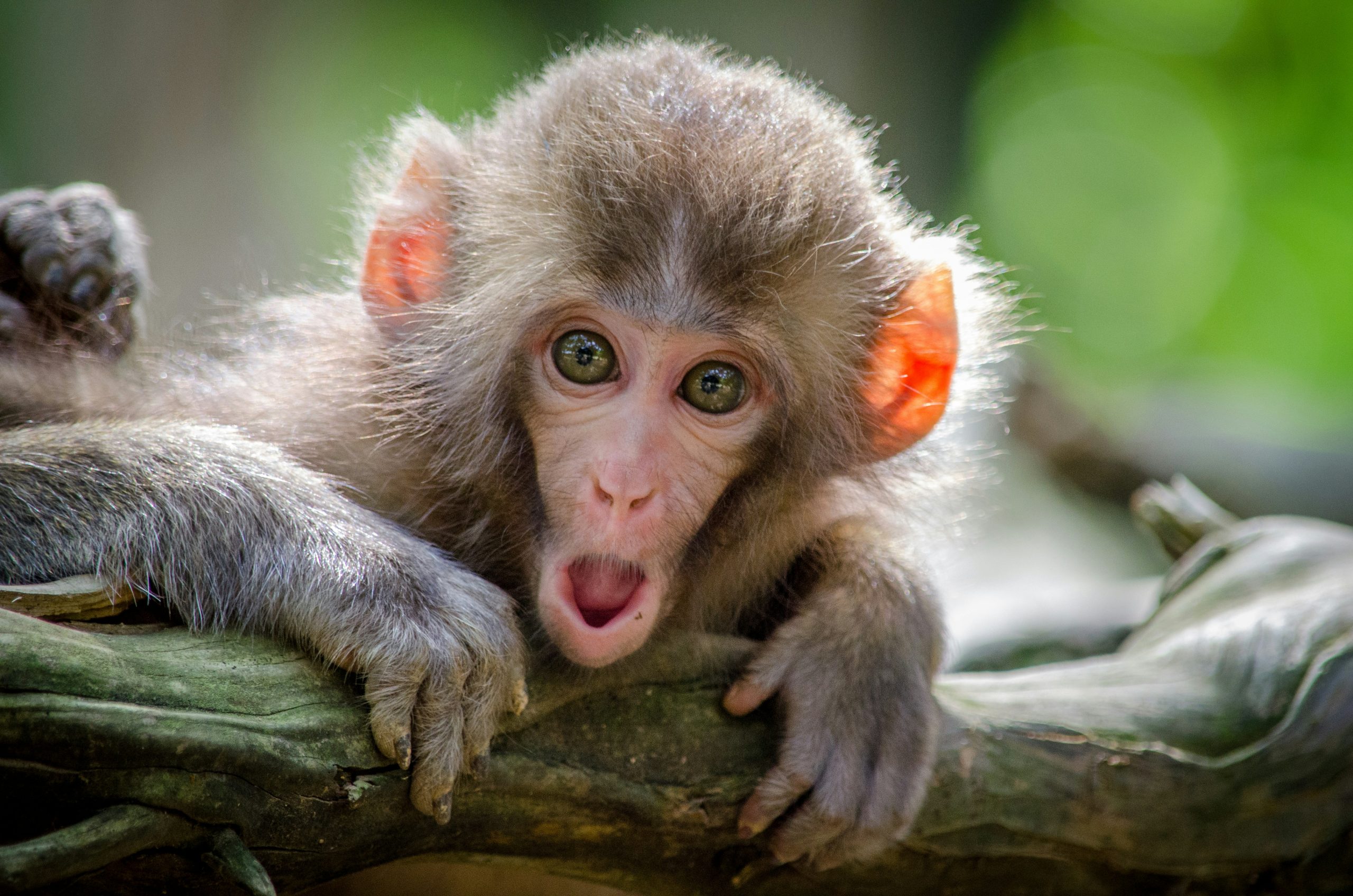
Names classified as unsuitable tread on more subjective ground. These include labels reminiscent of fruits, animals like “Monyet” (monkey) or natural phenomena like “Hujan” (rain), as well as numerical designations such as “007.”
Such names, while perhaps whimsical to some, can carry stigmas or societal burdens not easily shed. They aren’t all explicitly offensive, but maybe save them for the nicknames, yeah?
Names Of Special Lineage
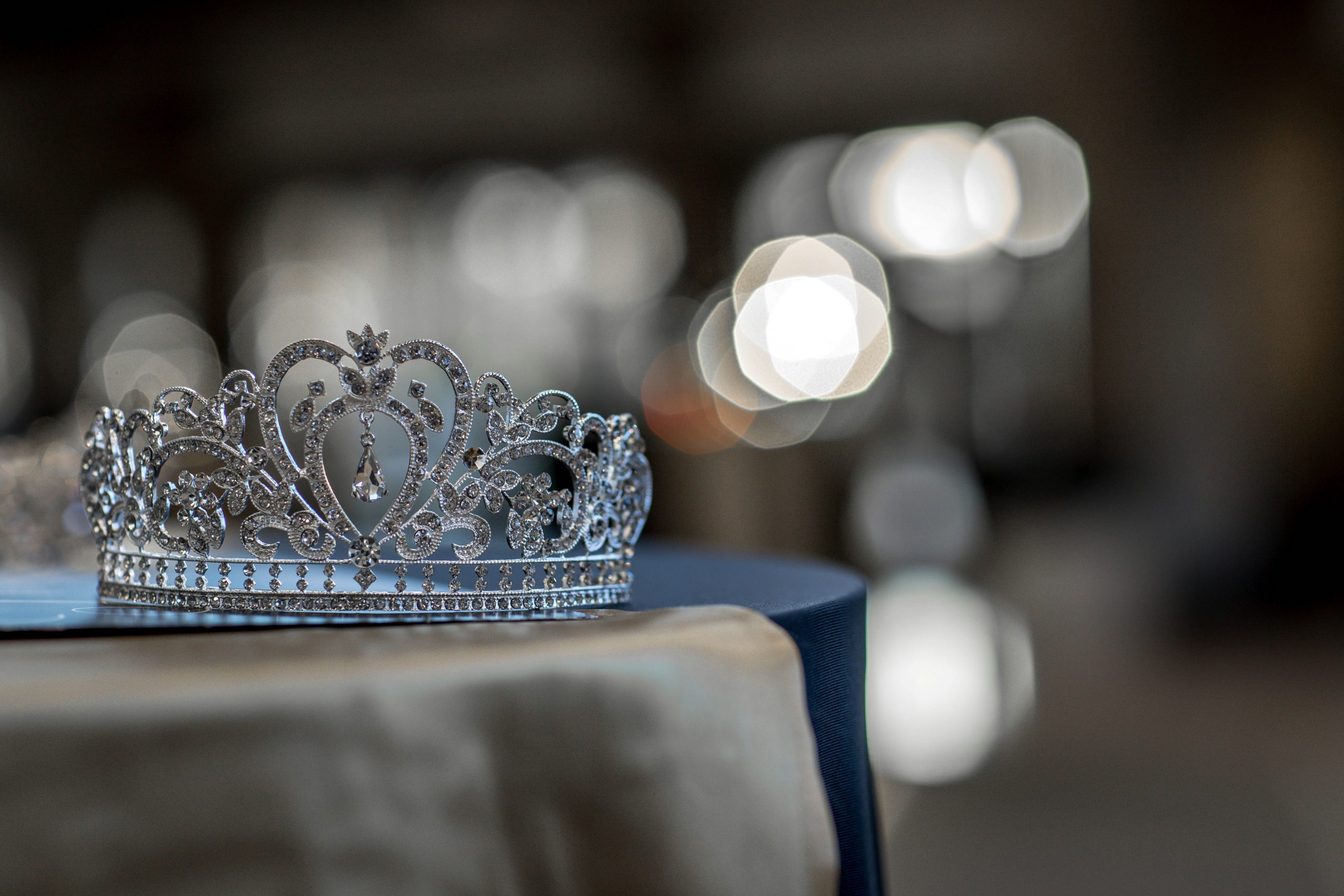
Certain names hold ancestral significance, necessitating authorisation from authorities for their use. Titles like “Syed” or “Syarifah” denote lineage tracing back to the Prophet Muhammad, while others like “Wan” symbolise nobility in Perak. These titles are not mere appellations but markers of heritage, requiring proper validation for their inclusion.
Your daughter may be your little princess, but unless she’s got the genealogical paperwork to back it up, maybe stick to something a bit less regal. Like “Sam” or “Sue.
Linguistic Landmines
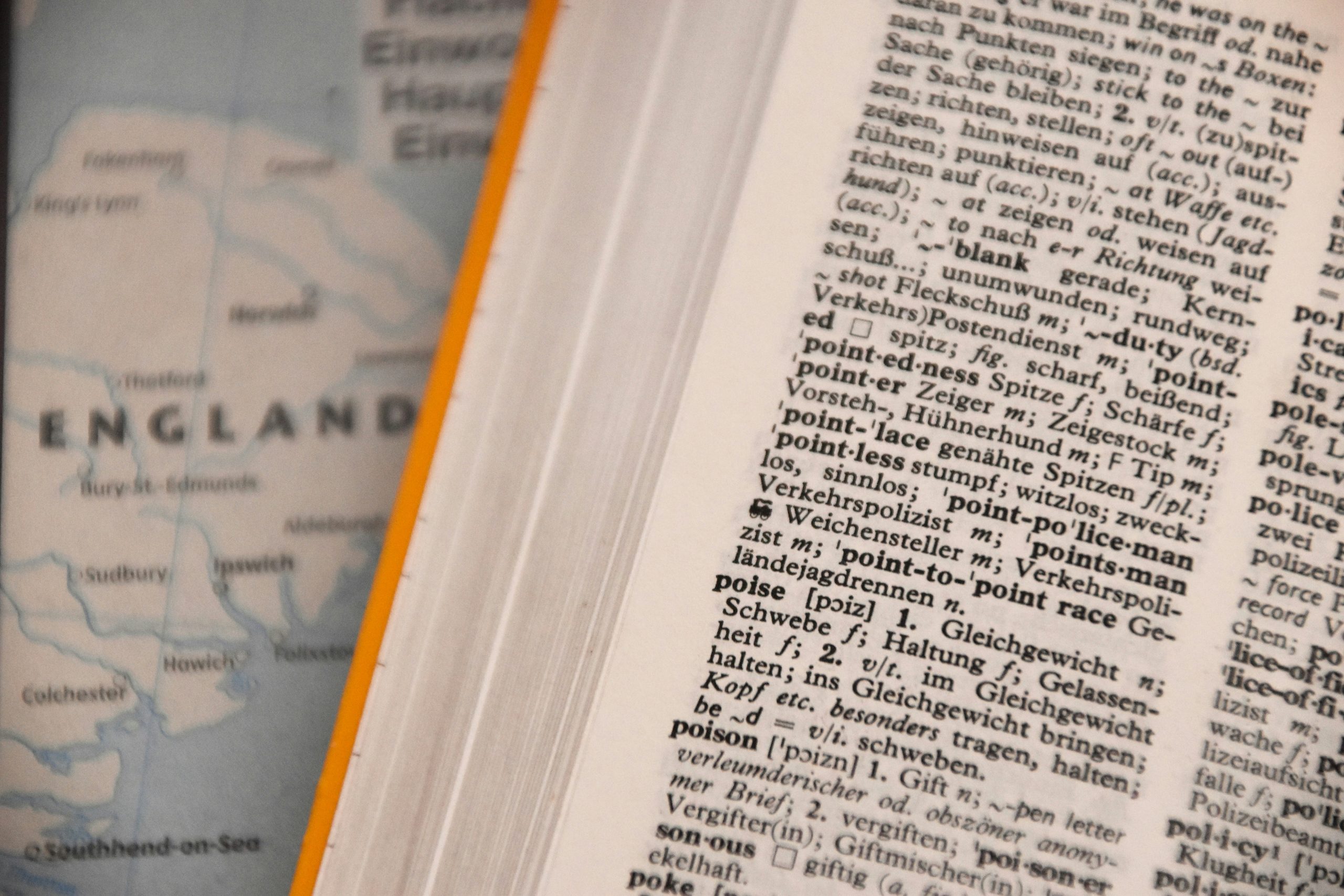
Malaysia’s linguistic diversity poses unique challenges, with names potentially carrying offensive meanings in different tongues. A name innocuous in one language might evoke discomfort or ridicule in another.
The significance of this becomes apparent when considering names like “Zaniah” (prostitute) or “Ah Chaw” (snake), which, while innocuous in one tongue, carry offensive connotations in another.
On a personal note, my mum named me Lara, thinking it meant ‘cheerful’ in Greek. However, our Indonesian maid kindly warned her against it, explaining that in Malay and Indonesian, it means ‘broken-hearted’ or ‘heartsick’. BRB blaming my last situationship on the phonetics of my name.
Character Counts and Beyond
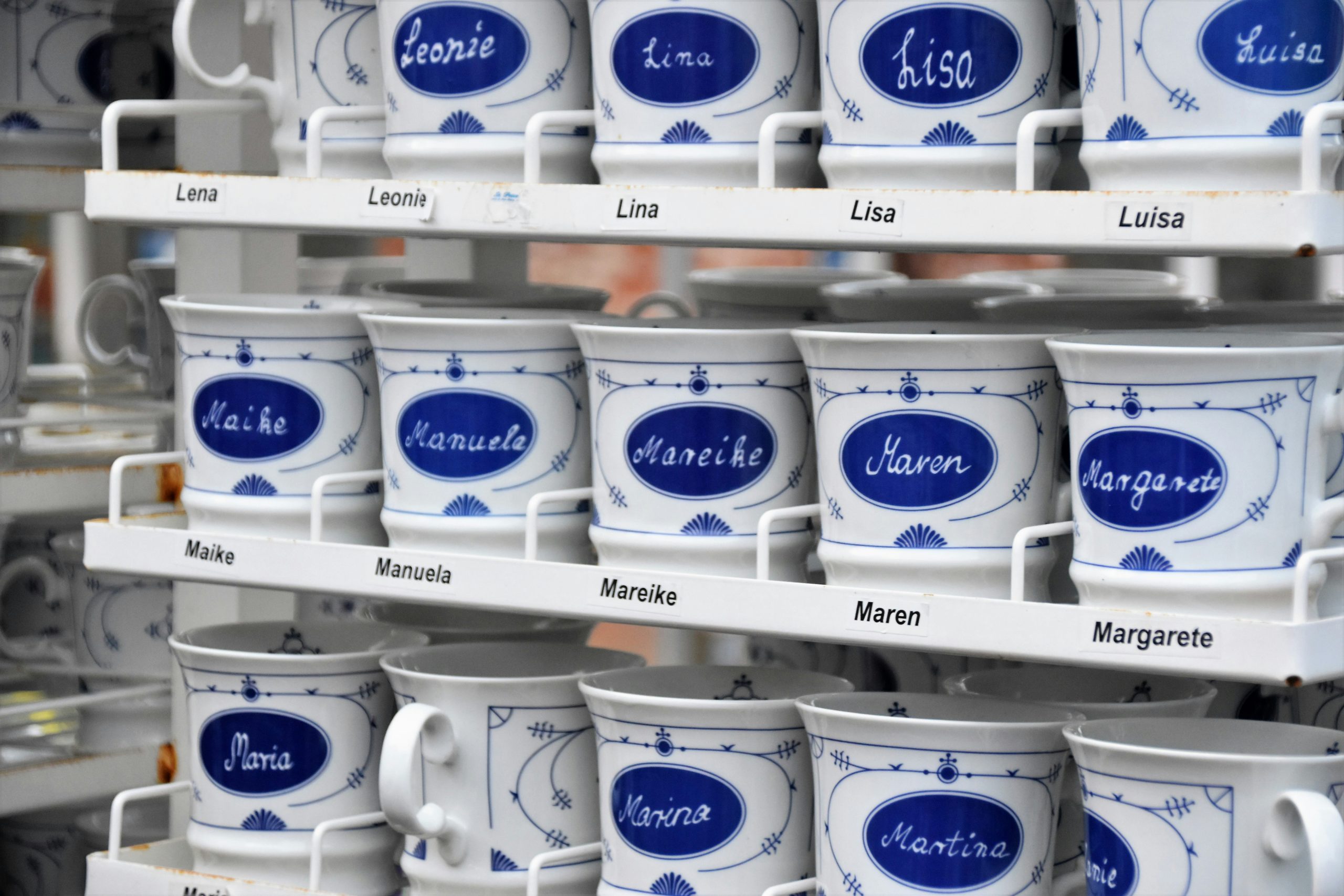
JPN’s regulations extend even to the character count of names! With a cap set at 80 characters, they’re basically telling us to keep it short and sweet.
Names exceeding this limit necessitate supplementary verification, a reminder that even in the realm of nomenclature, brevity is often preferable. Who knew your name could be subject to the same constraints as a text message?
It’s like they’re saying, “Sorry, your name is too long to fit in our database. Try again with something snappier.”
Freedom Within Bounds
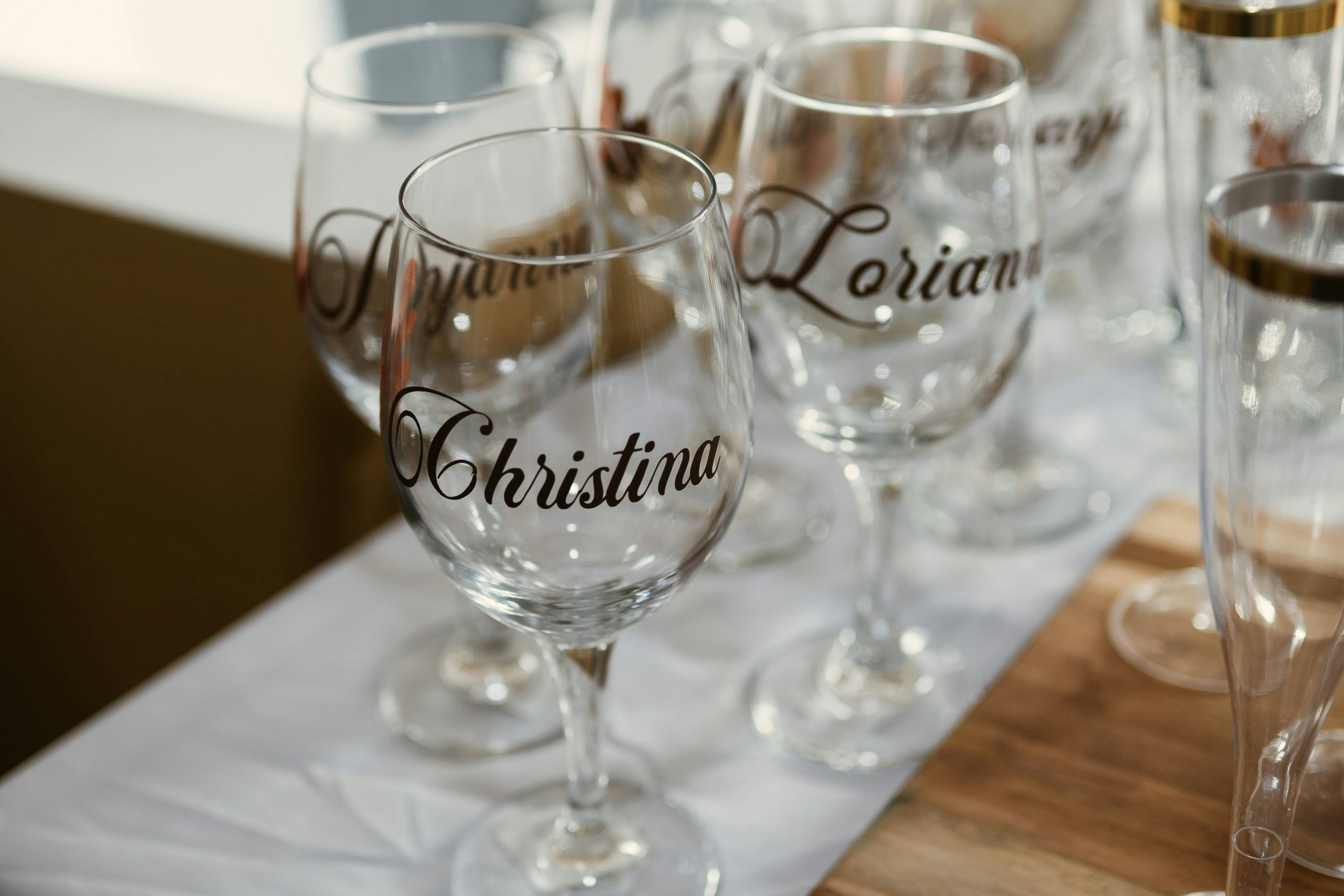
Despite the strictures imposed by JPN’s guidelines, the agency affirms parents’ autonomy in naming their children. While names must adhere to regulatory standards, parents retain the prerogative to choose monikers meaningful to them.
However, should a name run afoul of guidelines, JPN provides counsel on its unsuitability, offering recourse for alteration if desired.
After all, most parents probably don’t intend to officially name their kids after their favourite car or fruit… Right? Though I must admit, “Toyota Durian” does have a certain ring to it.
Cover photo by Philippe Yuan on Unsplash


 Get Audio+
Get Audio+ Hot FM
Hot FM Kool 101
Kool 101 Eight FM
Eight FM Fly FM
Fly FM Molek FM
Molek FM
